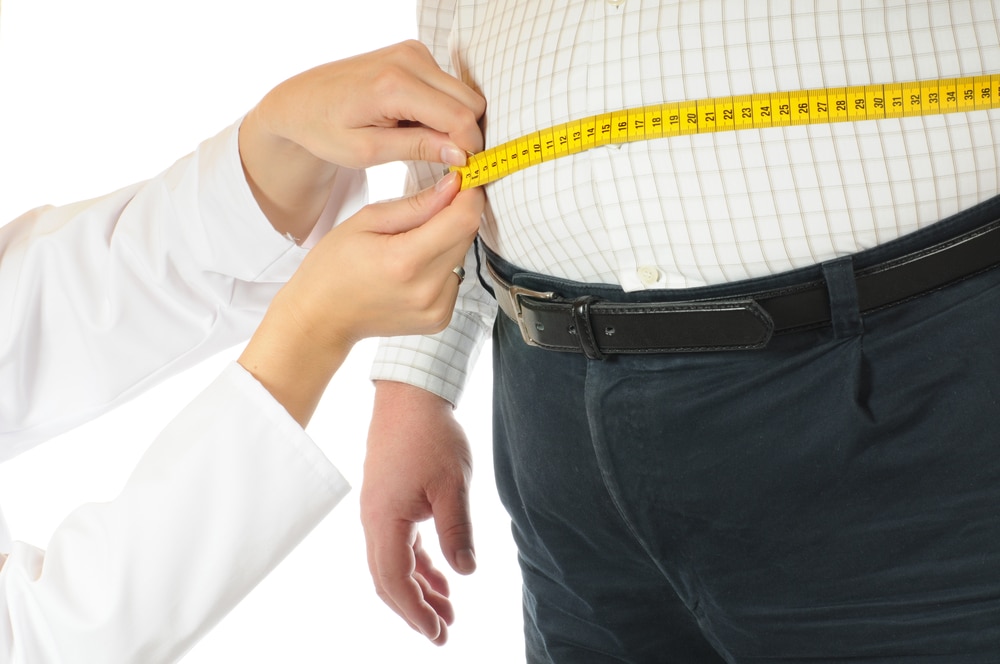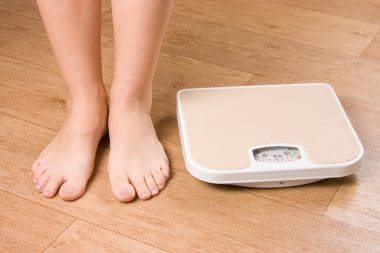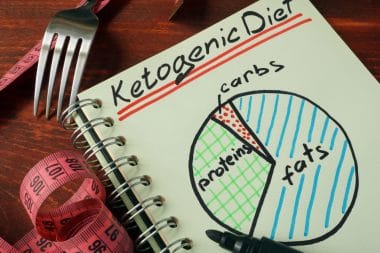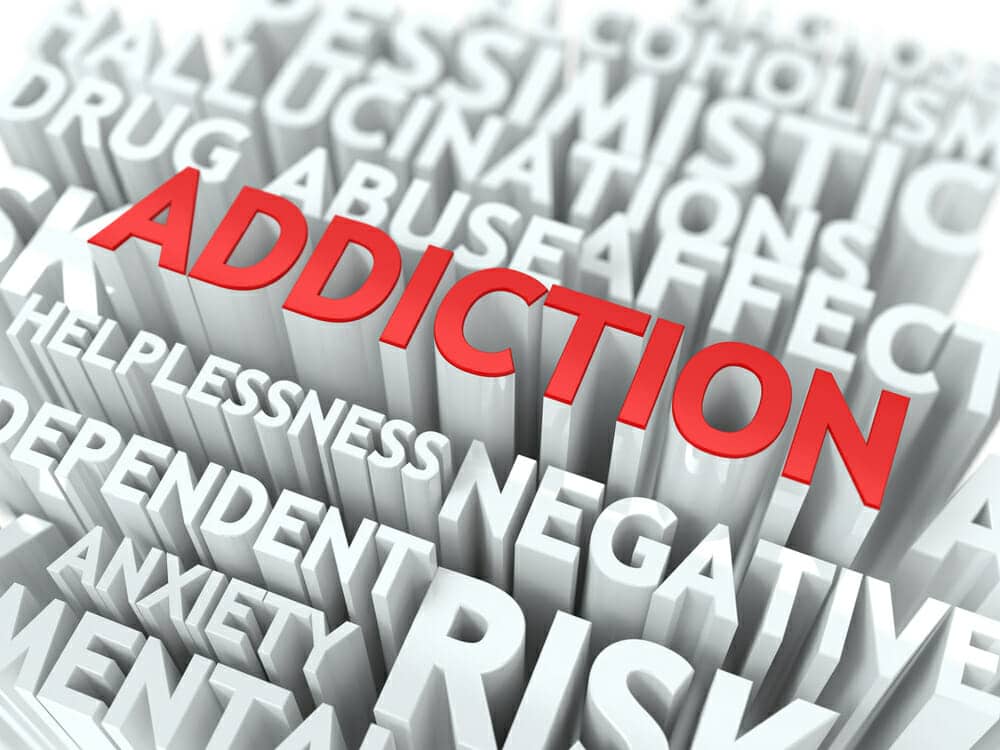Burning fat isn’t easy, sure you can do more exercise and eat less calories to lose weight, but this doesn’t target fat loss. This type of approach can result in fast weight loss, however, this generally doesn’t involve fat burning, and the weight that you lost, is generally followed by fast weight gain.
If you want to burn fat, don’t think in terms of a diet; think in terms of a lifestyle. Sure you’ve probably heard this before, but it’s true.
In this article, you are going to learn 5 simple yet effective ways to burn body fat fast, without having to go on a diet. Simply follow these quick and easy tips, every day, and you will be quickly waving goodbye to those love-handles and stubborn belly-fat.
Recommended: https://www.dna-lean.co.uk/blog/lose-weight-fast/
1 Thermogenic Fat Burners
Of course there is no magic weight loss pill that you can swallow that is going to make you miraculously lose weight. I mean there are a ton of so called “fat burners” out there that do nothing for weight loss other than reduce the weight of your wallet. That said, there are a small number of very effective natural ingredients that are proven by science to help burn fat.
A good thermogenic fat burner is able to effectively burn fat by increasing what is known as thermogenisis, a process whereby fat is broken down to release heat energy. Compounds such as capsaicin (derived from chilli), is proven to increase energy-expenditure and fat loss (1). Other ingredients such as forskolin (coleus forskohlii) have been shown to exhibit favourable changes in body composition by reducing fat mass and increasing testosterone in men(2).
Synephrine derived from the peel of bitter oranges (citrus aurantium) is also another known ingredient in thermogenic fat burners that is proven to work. If you are considering using a fat burning supplement to help you burn fat faster, it is important to look for a fat burning supplement that contains all of these effective fat burning ingredients, that are based on science rather than expensive and ineffective marketing hype.
2 Reduce Sugar Intake
Weight loss coaches still preach about following calorie deficit diets to lose weight, these so-called “gurus” claim the most important thing of all is that you must be in a calorie deficit to lose weight. However this approach does not take into consideration that calories are in no way equal and every calorie that you consume can have a significantly different effect on your body.
Sugar is one of the biggest culprits behind diabetes, obesity metabolic syndrome and is probably one of the worst things that you can eat. In terms of fat loss, reducing sugar drastically reduces levels of the hormone insulin. Every time you eat sugar, your pancreas secrets insulin, thus the more sugar you eat the higher your insulin is raised.
What does this mean for you?
Insulin is an energy storage hormone and is VERY efficient at storing glucose as fat (3). That glass of orange juice you had with breakfast is loaded with sugar, and so was that can of coke you drank with lunch. Reducing sugar reduces insulin, which when done long-term, reduces body fat. It is that simple, period.
Now don’t go thinking you can cut our all your sugary drinks and go eat something extra instead! No! For this tip, stop drinking any and all sugary drinks and simply replace all sugar sweetened beverages, fruit juices etc, with plain water or herbal tea. Furthermore, also be diligent of what foods you eat and make sure you cross anything with a high sugar content off your list of allowed eats.
3 Eat Less Saturated Fat
Not all fat is bad, in fact as world renowned expert Dr Udo Erasmus says “there are fats that heal and fats that kill”. Fats on the whole seem to get a bad rap, and we are usually spoon-fed the mantra that eating fat is bad for us. So here’s the thing, some fats are biologically active and have some amazing properties, such as being anti-inflammatory (4), are good for our joints, and aid in the absorption of fat soluble vitamins. Not to mention the human brain is around 60 % fat (5).
Saturated fats, on the other hand, due to their saturated carbon frames are long straight molecules that have no biological function and are therefore largely inert. In fact saturated fat has no nutritional value whatsoever, other than its use as a fuel source. Clinical research also indicates that saturated fat intake is directly correlated to obesity and cardiovascular disease (6), which is probably due to its ability to clog arteries and be stored in adipose tissue.
The bottom line, keep saturated fat intake to a minimum and opt for a balance of essential omega 3,6,9 fatty acids from foods such as flaxseeds, pumpkin seeds, extra virgin olive oil and wild salmon.
4 Eat More Fibre
Even the UK government eatwell guide recommends eating 30 grams of fibre per day. Ok so you could argue you should do the opposite of what any government recommend its citizens do. However, eating enough fibre is integral to eating a healthy and balanced diet. There are various different types of fibre, from soluble and insoluble, including; celluloses, hemicelluloses, pectins, gums, mucilages and lignans.
Generally speaking, fibre on the whole helps lower blood glucose (7) and therefore is effective at lowering insulin. Needless to say, less insulin improves fat loss. Not to mention, fibre also keeps you fuller for longer and therefore if you more fibre, you are less likely to fall into the habit of unnecessary snacking.
Incorporate lots of fresh green vegetables and 2-3 pieces fruit into your diet, every day.
5 Drink More Water
Water does a whole lot more than keeping you hydrated, it aids in the digestion of proteins, and helps rid your body of waste products. In terms of fat loss, did you know that your body needs water to burn fat? Fat metabolism is referred to as lipolysis, and part of this mechanism involves hydrolysis whereby water molecules (H2O) interact with triglycerides in a catabolic process which yields glycerol and smaller fatty acids.
If you are not already drinking enough water (at least 2 litres or more per day), make a conscious effort to drink more. Try having a bottle of filtered water on your work desk and keep sipping throughout the day. Before you know it, you will have drunk a litre or so.
References
- https://www.ncbi.nlm.nih.gov/pmc/articles/PMC3699483/
- Https://www.ncbi.nlm.nih.gov/pubmed/16129715
- https://www.ncbi.nlm.nih.gov/pmc/articles/PMC3652374/
- https://www.ncbi.nlm.nih.gov/pubmed/26400429
- https://www.ncbi.nlm.nih.gov/pubmed/20329590
- https://www.ncbi.nlm.nih.gov/pubmed/8205278
- https://www.ncbi.nlm.nih.gov/pmc/articles/PMC5883628/








Reply